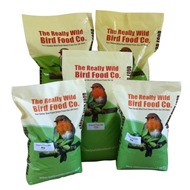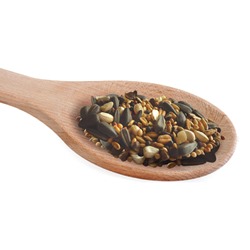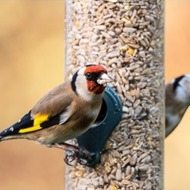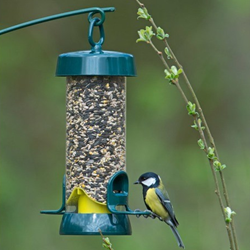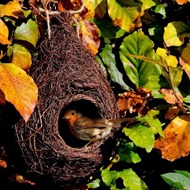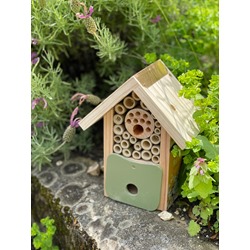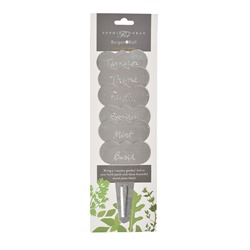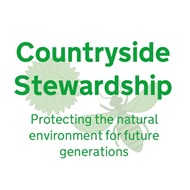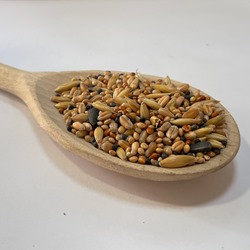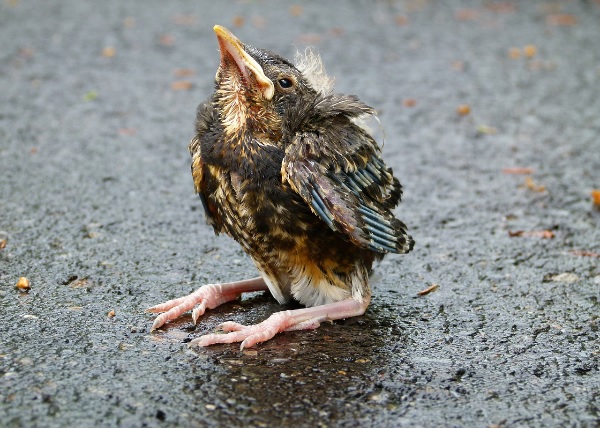
If you see a baby bird on the ground - all alone and seemingly abandoned by its parents - your first instinct may be to offer the fledgling a helping hand.
However, in most cases, you should not intervene. Yes, it's hard not to feel sorry for a young bird who appears to be struggling, but your attempt to assist may end up interfering with a critical stage of the fledgling's development. Birds have to learn to stand on their own two feet and fly on their own two wings!
The RSPB has repeatedly asked people to leave fledglings alone and ignore their cries for help (except in certain unusual circumstances - see list below). While that baby bird in your garden may appear to have been deserted, its mother is probably somewhere nearby, gathering food or monitoring her child's progress.
And moving a fledgling elsewhere can have a detrimental effect on its chances of long-term survival. It may take a heart of stone to do the right thing here, but remember: you're not doing that young bird any favours by stepping in.
That being said...
Exceptions to the rule
There are some exceptional circumstances in which you should come to the fledgling's rescue. Only intervene if:
- The fledgling's life is in immediate danger
- The fledgling appears to be injured
- The bird is not yet fully feathered (in which case it probably fell out of the nest)
- You find a baby swift, swallow or house martin on the ground (these birds fledge on the wing)
If you have another question, why not put it to our resident vet Lesley?
Ask a Question
 Back
Back Bird Foods
Bird Foods
 Seed Mixes
Seed Mixes Straight Seeds
Straight Seeds Mealworms & Worms
Mealworms & Worms Chicken Feed
Chicken Feed Duck Food
Duck Food Peanuts & Peanut Butter
Peanuts & Peanut Butter Suet & Fat Balls
Suet & Fat Balls No Mess Bird Seed
No Mess Bird Seed Wheat Free Bird Seed
Wheat Free Bird Seed Sunflower Seeds
Sunflower Seeds Softbill Bird Food
Softbill Bird Food Bulk Bird Seed
Bulk Bird Seed Trial Packs
Trial Packs Pick & Mix
Pick & Mix Mini Pick & Mix
Mini Pick & Mix Birdie Basics: Budget Bird Food
Birdie Basics: Budget Bird Food Food for Small Birds
Food for Small Birds Back
Back Bird Feeders
Bird Feeders
 Seed Feeders
Seed Feeders Peanut Feeders
Peanut Feeders Peanut Butter Feeders
Peanut Butter Feeders Suet & Fat Feeders
Suet & Fat Feeders Window Feeders
Window Feeders Hanging Feeders
Hanging Feeders Feeding Stations
Feeding Stations Ground Feeders
Ground Feeders Easy Clean Feeders
Easy Clean Feeders Bird Tables
Bird Tables Seed Trays
Seed Trays Bird Baths & Drinkers
Bird Baths & Drinkers Feeder Accessories
Feeder Accessories Feeder Hygiene
Feeder Hygiene Squirrel Proof Bird Feeders
Squirrel Proof Bird Feeders For the Kids
For the Kids Niger Seed Feeders
Niger Seed Feeders Mealworm Feeders
Mealworm Feeders Bird Food Storage
Bird Food Storage Fat Ball Feeders
Fat Ball Feeders Tube Feeders
Tube Feeders



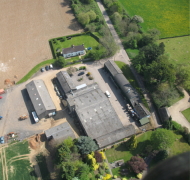 Our Farm
Our Farm
 Tips & Advice
Tips & Advice
Contact Us

